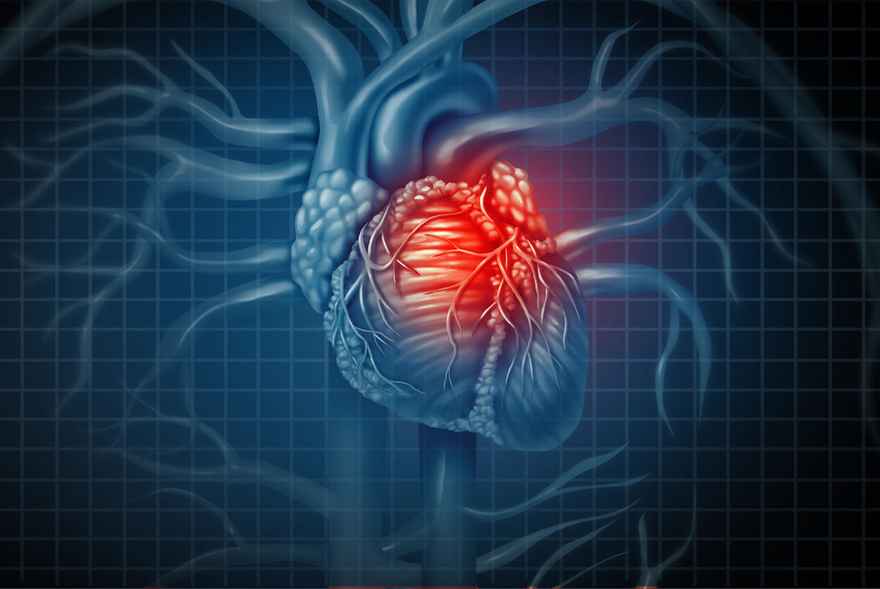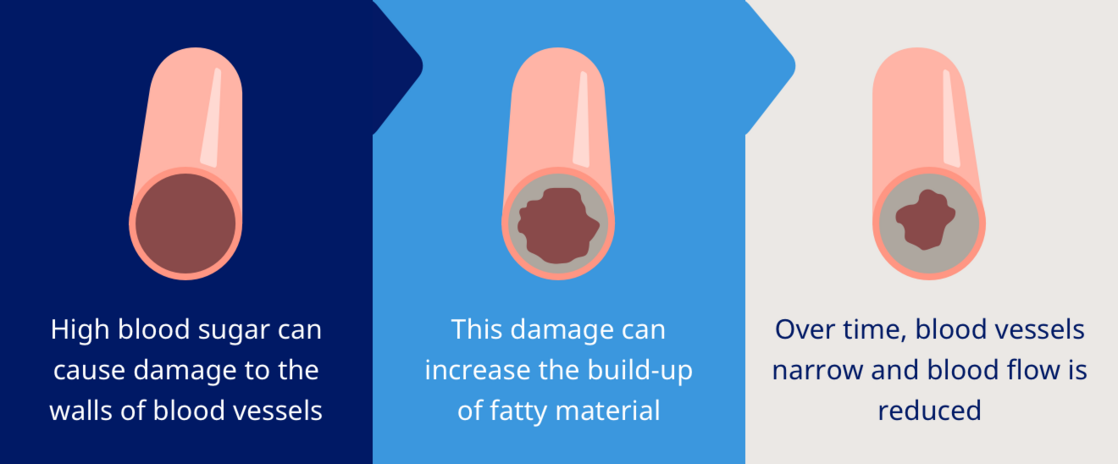
“Atherosclerotic Coronary Heart Disease (CHD) is responsible for one in every six deaths in the United States as well as being the leading cause of death throughout the developed world.” (cited in 2016 (2)
That’s a lot of heart disease. What causes it?
“The theory of dietary saturated fats as the principal promoter of elevated serum cholesterol and heart disease stems from research beginning in the 1950's by an American scientist Ancel Keys. It was this theory which was embraced by the American Heart Association and the US federal government in the 1960s and 70s.” (1)
- Fat is the enemy.
- Eat low-fat or no-fat foods.
- Fat makes you fat.
- Fat is bad for your heart.
- Eat low-fat snacks, they’re healthy!
Do you remember these low fat messages?
Let’s unpack what’s wrong with this dietary advice.
First, it did not make meaningful distinctions between bad fats (processed seed oils, trans fat, fat from animals fed GMO corn and soy, etc.) and good fats.
Second, food is made up of three macro nutrients: proteins, carbohydrates, fats.
Fat has been singled out and blamed for heart disease since the 1950s when Ancel Keys published his Seven Countries study claiming that saturated fat is responsible for coronary heart disease. This allowed the real enemy to fly under the radar and take over our super markets.
When we remove fat from packaged foods, it had to be replaced with something else to compensate for the lack of satiety and flavor. That replacement was often added sugars, artificial chemicals, artificial flavors, flavor enhancers, etc.
As fat has nine calories per gram, as opposed to four grams in sugar, or zero calories in artificial sweeteners, foods with the fat removed and replaced with other sugars and chemicals seem healthier when you look at the nutritional numbers. Through the lens of calorie surplus, sugar looks healthier.
“However, at the same time of Keys' research, a British physiologist John Yudkin argued that sugar intake was more closely related to the incidence of and mortality from CHD.” (2)
How does sugar affect our cardiovascular system?
“When you eat or drink too much sugar, the extra insulin in your bloodstream can affect your arteries all over your body. It causes their walls to get inflamed, grow thicker than normal and more stiff, this stresses your heart and damages it over time. This can lead to heart disease, like heart failure, heart attacks, and strokes.”

“Earlier research has shown that drinking sugar-sweetened beverages can raise blood pressure. A high-sugar diet may also stimulate the liver to dump more harmful fats into the bloodstream. Both factors are known to boost heart disease risk.”
A 15-year study published in JAMA Internal Medicine quotes:
“Overall, the odds of dying from heart disease rose in tandem with the percentage of sugar in the diet—and that was true regardless of a person's age, sex, physical activity level, and body-mass index (a measure of weight).” (3)
It’s the sugar causing damage to our cardiovascular system. Fat is secondary.
Other things we don’t associate with excess sugar intake:
“When glucose levels stay high in the plasma, it can cause osmotic damage to nerves resulting in peripheral neuropathies, reduce wound healing, increase inflammation through reactions that create oxidative stress and inflammation and modified to become advanced glycation products (AGEs) which promote both microvascular and macrovascular complications.” (5)
It only takes a tiny amount of sugar ingested consistently to do catastrophic damage.
Do you want to run the risk?
—Florence
SOURCES:
- https://www.dietdoctor.com/
the-hidden-truth-behind-ancel- keys-famous-fat-graph - https://www.sciencedaily.com/
releases/2016/01/160113103318. htm - https://www.health.harvard.
edu/blog/eating-too-much- added-sugar-increases-the- risk-of-dying-with-heart- disease-201402067021 - https://jamanetwork.com/
journals/jamainternalmedicine/ fullarticle/1819573 - https://www.ncbi.nlm.nih.gov/
books/NBK541081/
Comments